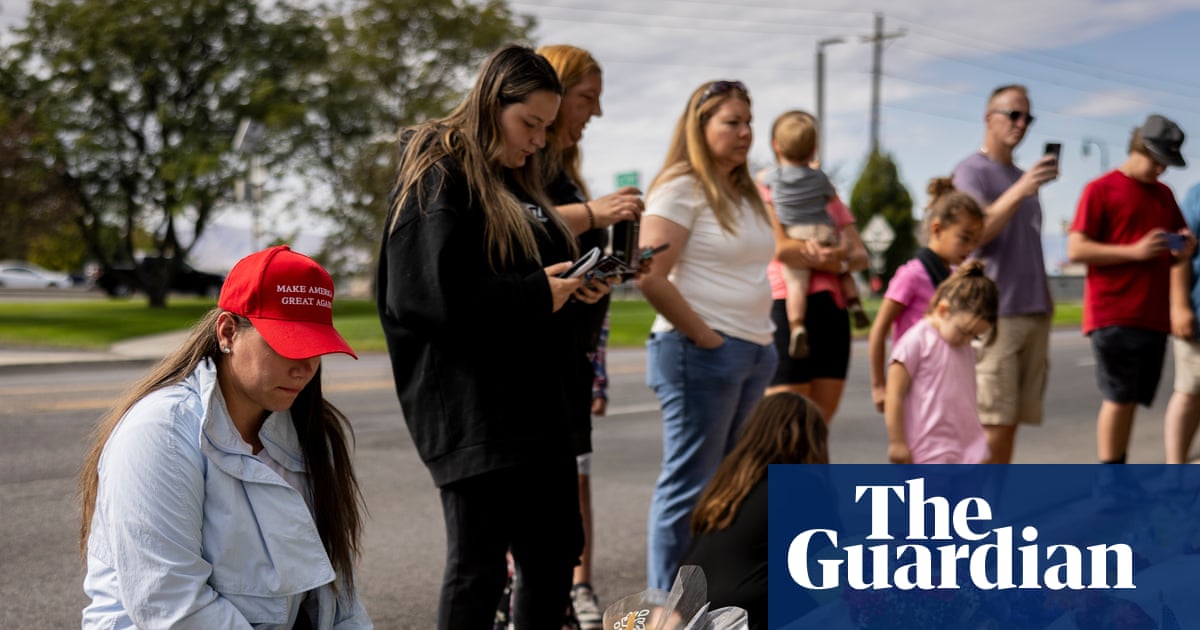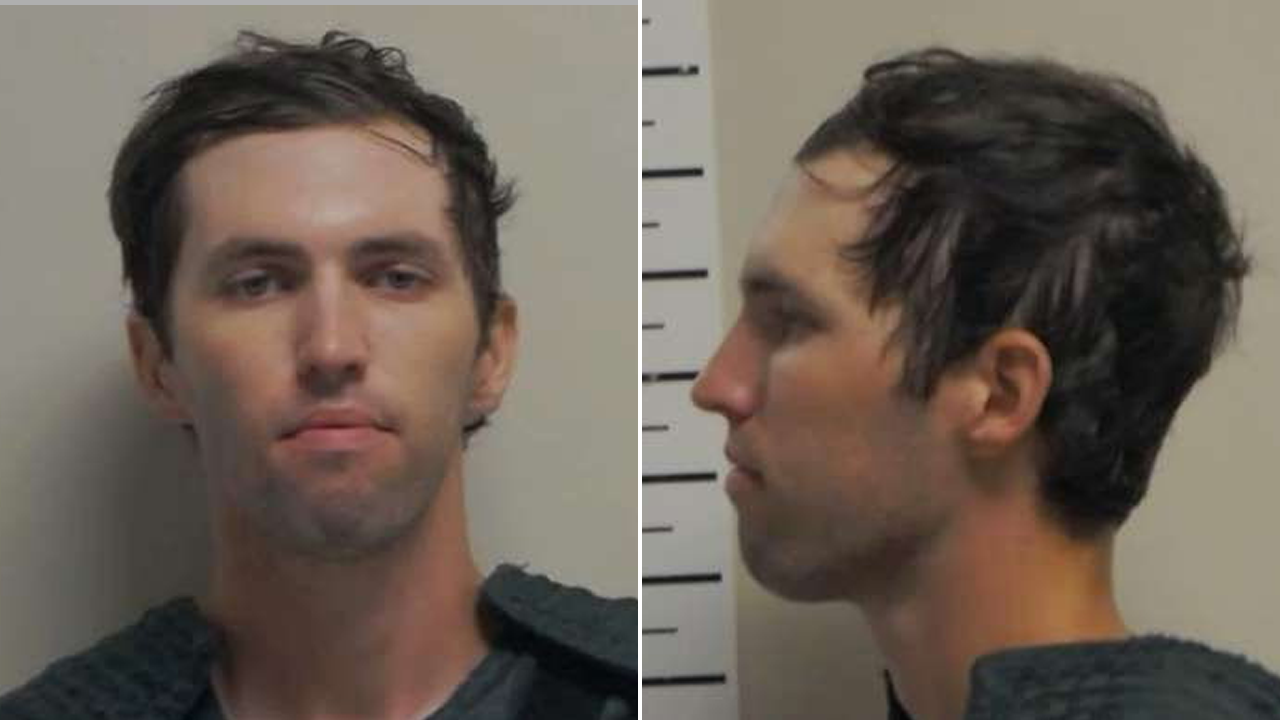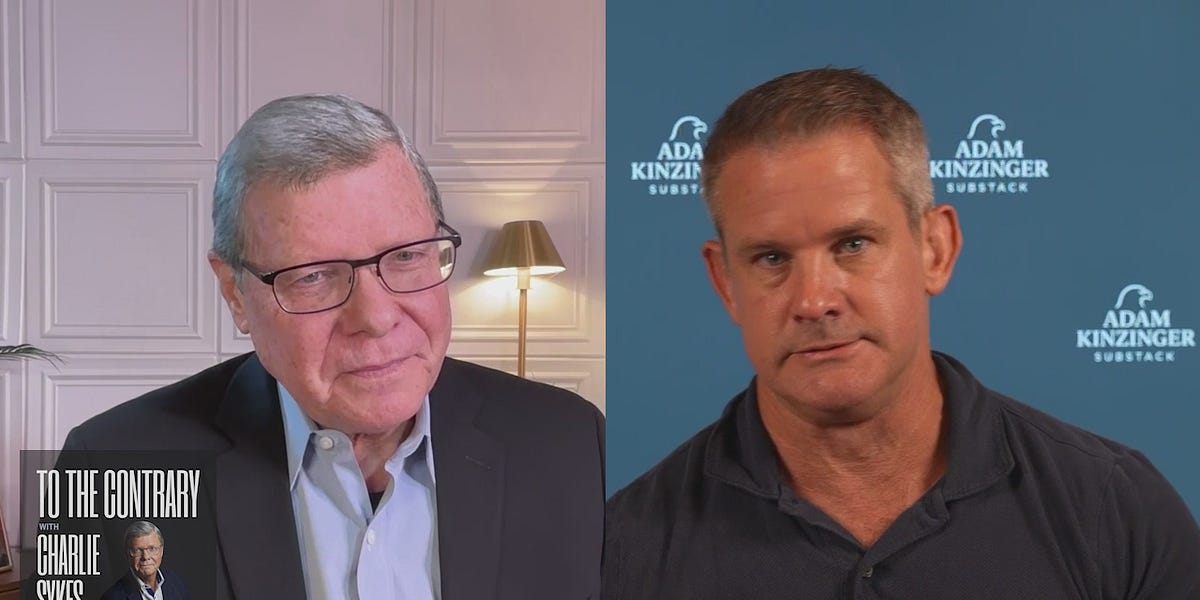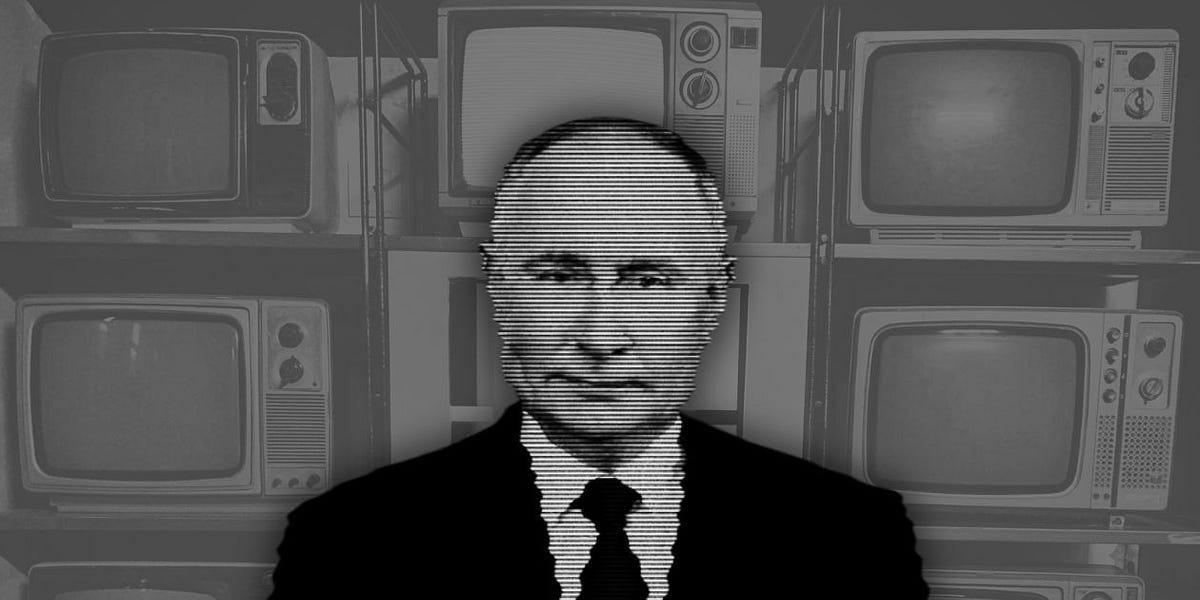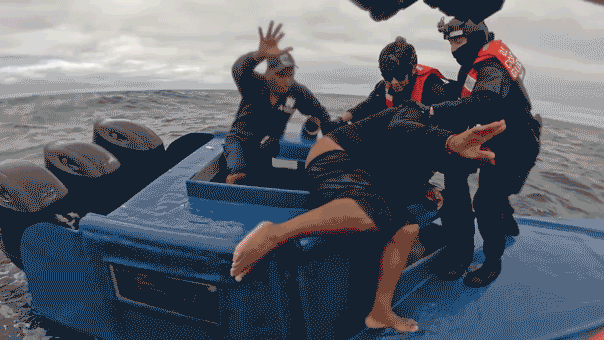Last night, apropos of nothing at all, I was thinking about how in Russia, you can’t go on television and make fun of the president or his favorites.
Russia doesn’t have America’s history of democracy, but it was not always a KGB police state.
We Russians did not get into our current predicament (which we have made the world’s predicament) overnight. The seeds of liberty were planted in the late 1980s and 1990s. Boris Yeltsin let the sprouts wither, but it was Vladimir Putin who ripped them out of the ground.
I witnessed firsthand how over the course of 10 or 15 years my country transitioned from Soviet repression to uneasy freedom and then slid back into dictatorship.
Censorship is at the heart of that story.
The ailing Yeltsin made Putin acting president on the last day of 1999. In his
first annual address to Russia’s Federal Assembly, Putin laid out his vision of “freedom of the press”—that he would not allow the country’s media to be turned into
“outlets for disinformation and a means of waging war against the state.”
Dictators tend to lie about what they are doing. But they very often tell the truth about what they are
planning to do.
Very quickly, the Russian government set about squeezing the country’s fledgling free press. They did so in a pincer movement that attacked individual journalists, presenters, and programs from one side and the owners of media enterprises from the other.
The government ratcheted up the pressure to pull shows that didn’t fit their narrative. One early casualty was
Kukly (dolls), a puppet show that poked fun at Russia’s elites. NTV dropped a political talk show called
Svoboda Slova (freedom of speech) after a pro-Kremlin team took over the network.
The
Russian Prosecutor General’s Office summoned top editors and media executives to interrogate them over their finances.
Kremlin officials
pressured upstart businessmen to sell their stakes in media conglomerates. Government agents raided network headquarters. The authorities strategically orchestrated mergers to ensure conformity and compliance, sacking “bad oligarchs” and installing “good oligarchs” in their place.
Independent journalists faced
libeland
defamation lawsuits.
Forget, for a moment, about the most high-profile assassinations of reporters and dissidents in Russia. Those would come later. The government’s campaign of
procedural harassment and lawfare made it impossible for journalists and media executives to do their jobs right out of the gate.
Freedom is often lost under mountains of paperwork and crippling fines rather than in a cinematic showdown with a dictator.
Many of the Russian government’s targets were never actually arrested or charged with any specific offense. Many more were never targeted at all! A few high-profile people got shaken down and everyone else got the message.
A general chill spread over the country’s media, but it took a while to entirely freeze over. In the meantime, Russian officials could continue to point out the existence of a handful of remaining opposition journalists when critical Westerners pushed Moscow on the state of independent media. Putin made exactly this case
at a press conference alongside George W. Bush:
What you mentioned about the comments in the media of the actions of the Russian government is testimony to the fact that we do have freedom of the press.
That was 2005. Things have only gotten worse since then.
Russia had no democratic immune system to fight the virus. America does.
The president of the United States and the Federal Communications Commission just bullied an independent network into dropping a show because they didn’t like what the host, Jimmy Kimmel, had to say.
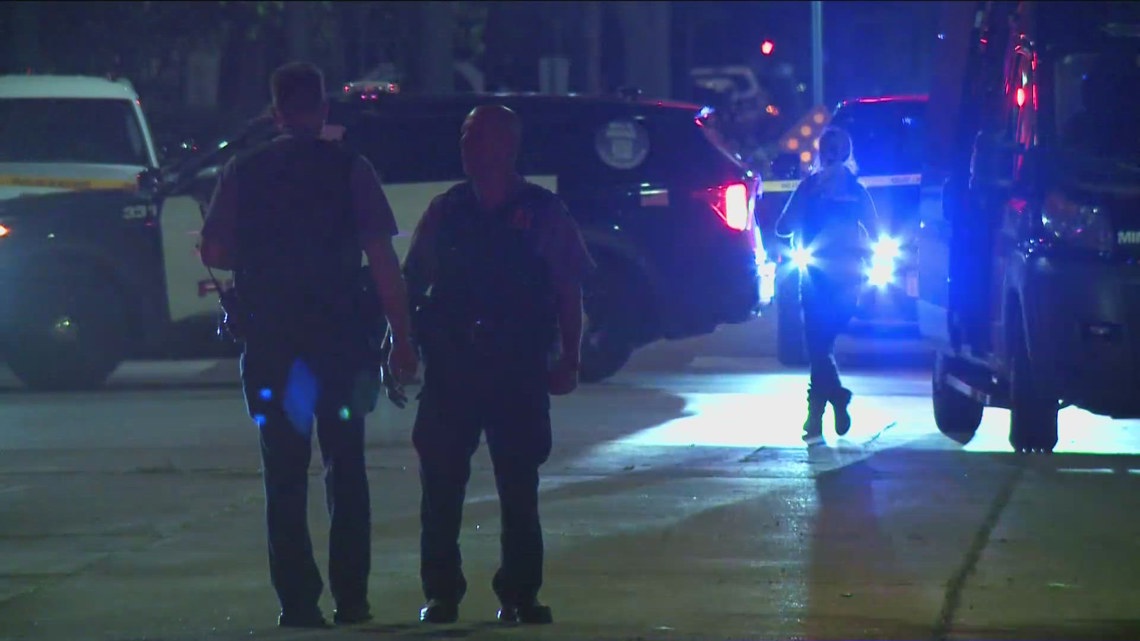
www.kare11.com


